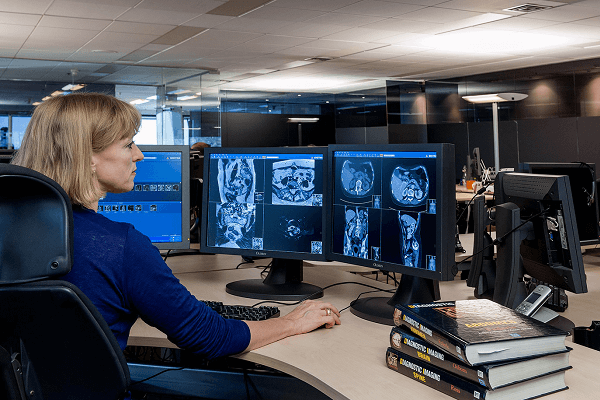We take care of your hospitalist needs regardless of size and complexity.
We look forward to connecting with you
and understanding your needs.

Comprehensive Telehospitalist Services.
Symbian Health offers comprehensive telemedicine solutions for hospital medicine, including tele-cross coverage, tele-admissions, tele-rounding, tele-discharges, and specialized telehospitalist support for in-patient psychiatric facilities to address any medical needs.
Learn More
Medication Reconciliation and Case Management Services
Medication reconciliation and case management support services, customized to meet the specific needs of each hospital.
Learn more
Second Opinion Services - Tele-radiology.
Symbian Health offers concierge-level radiological case reviews and second opinion advisory services, featuring initial consults, secure ...
Learn More
Chronic Care Training for Providers
Symbian Health provides tele-training for dementia and elderly care, including diabetes management, offering customized online workshops for medical staff such as nurses, paramedics, and physicians, conducted by certified trainers with certificates awarded upon course ...
Learn more
Virtual Nursing Services
Symbian Health's virtual nursing services encompass health education and counseling, medication management, and adherence support, providing comprehensive information on disease prevention, lifestyle modifications, and medication use through remote platforms. Additionally, ...
Learn More
Tele-Monitoring
Symbian Health offers comprehensive remote patient monitoring for chronic illnesses like diabetes and hypertension, as well as post-hospitalization care for acute conditions, featuring daily health documentation, medication reminders, on-demand consultations with internal ...
Learn moreWe're dedicated to giving you the best service possible by keeping our solutions simple and effective.
